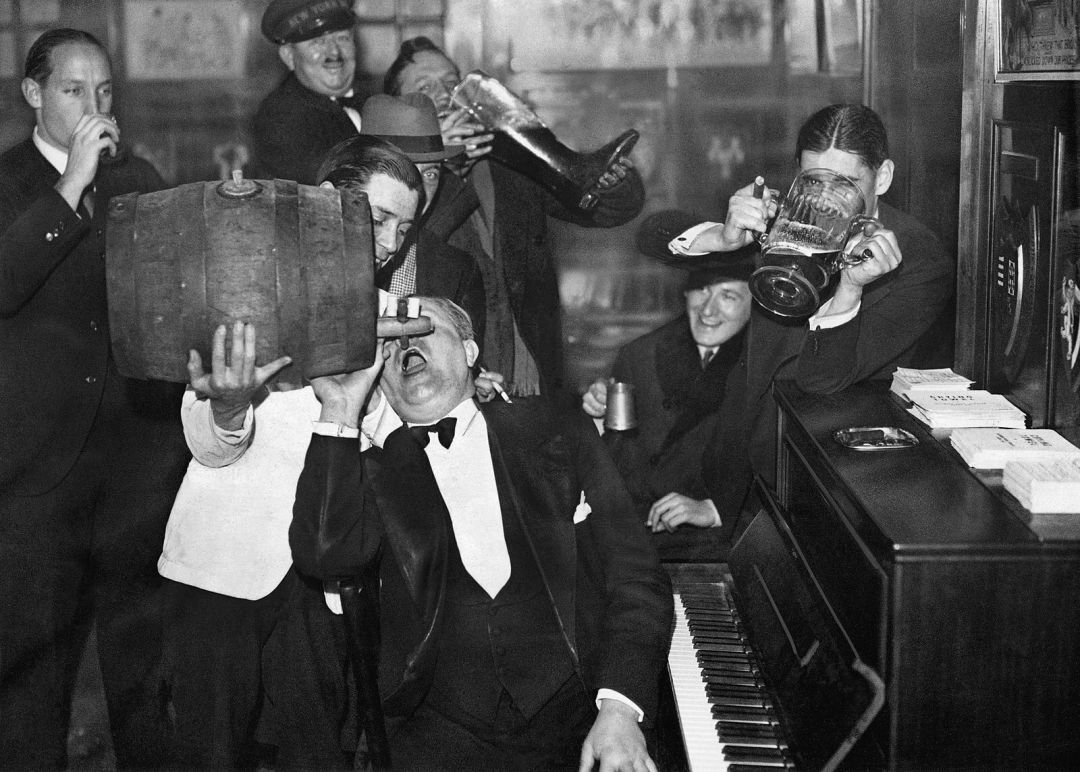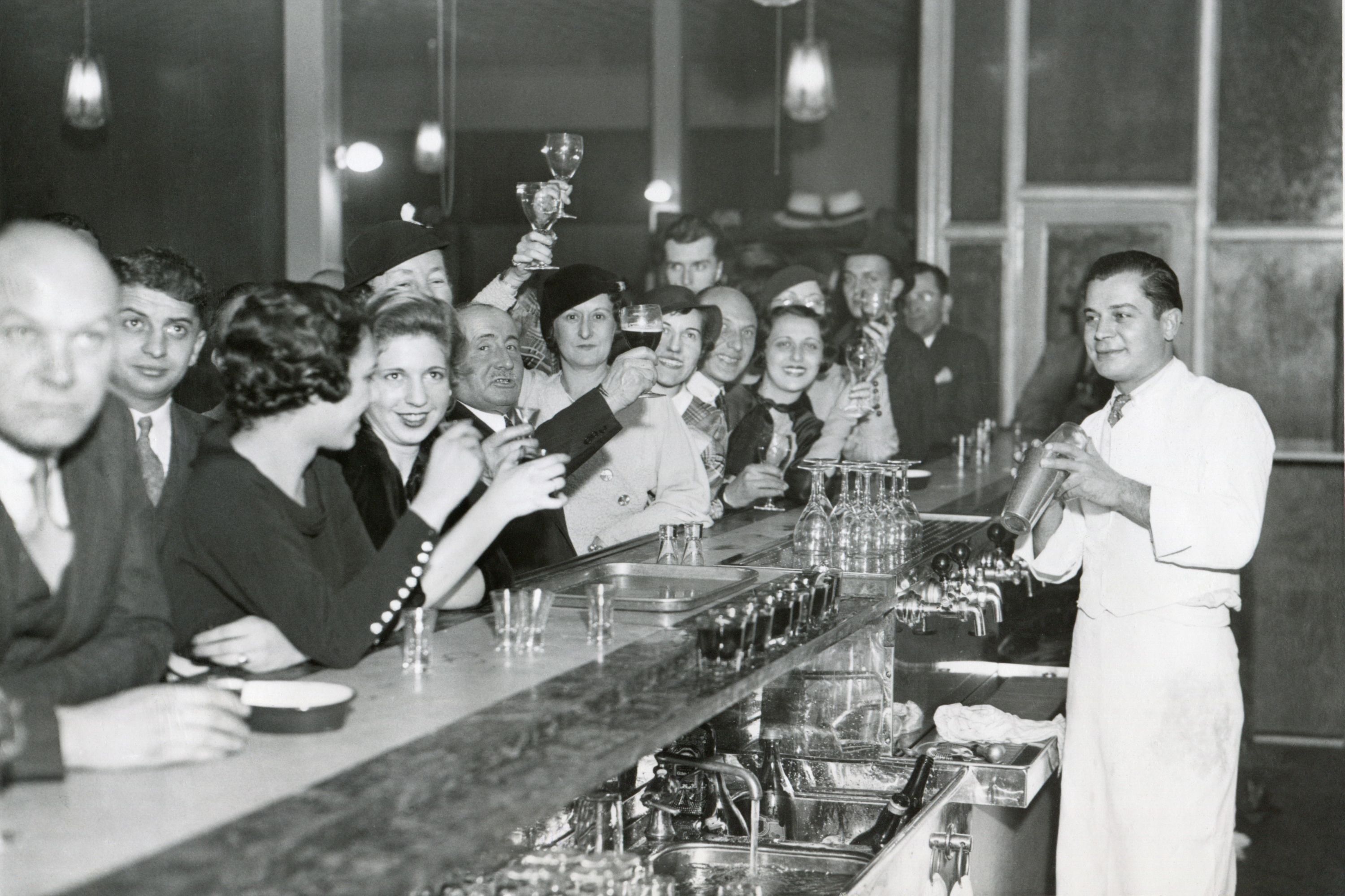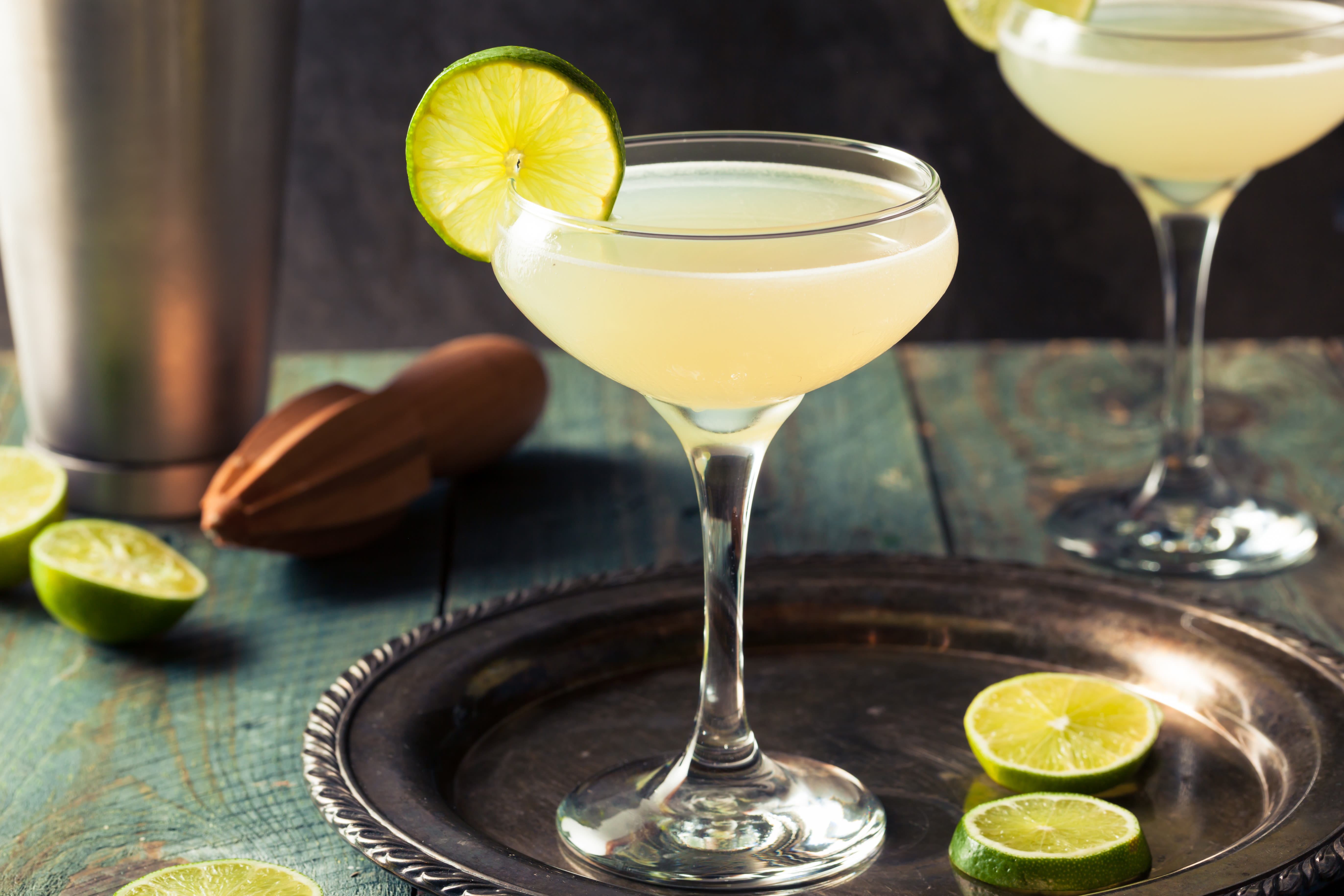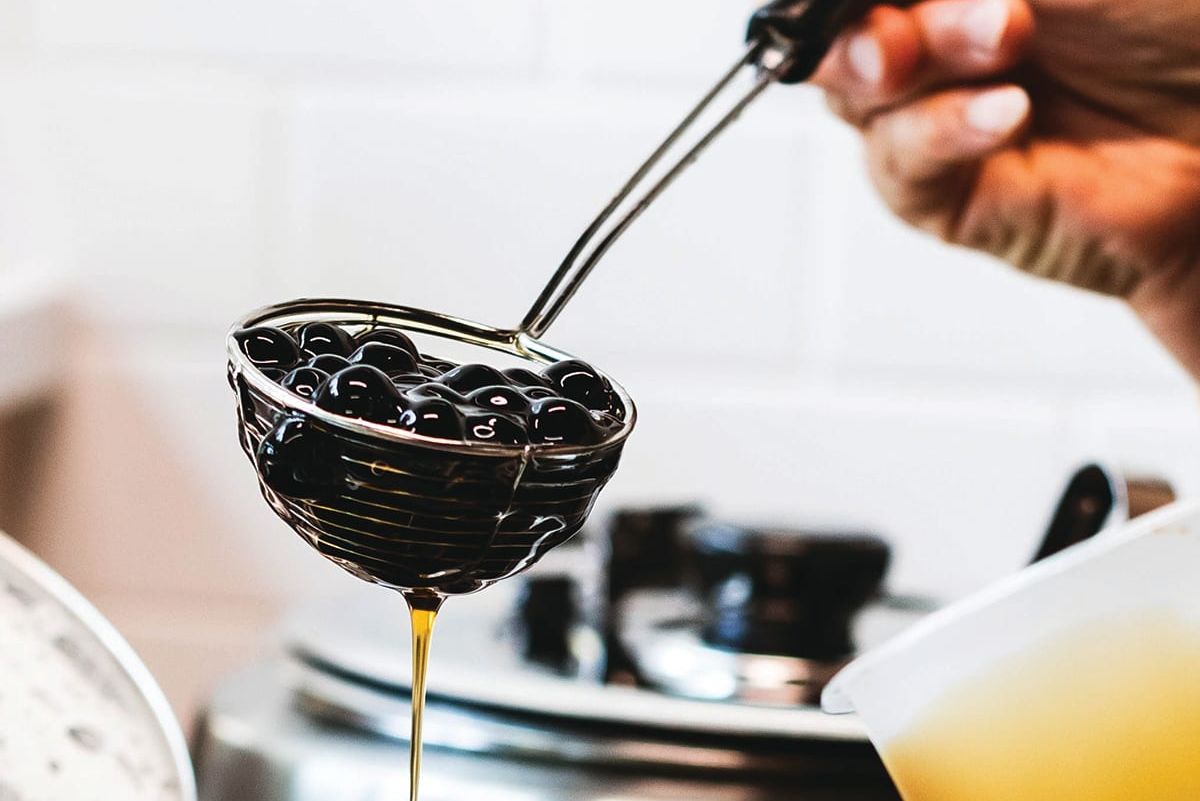To Drink or Not to Drink?

Americans celebrating the end of Prohibition in 1933.
Image: Wikimedia Commons
In the thousands of years that wine has existed, it has given pleasure to untold millions of people, and there were few concerns about its benefits or detriments until the 20th century. The Volstead Act (better known as Prohibition) was passed in 1919 due to increased excessive drinking, especially among young people. (Ironically, vineyards benefited from this control thanks to exemptions made for religious use or home winemaking, which sent grape prices soaring.)
Prohibition was repealed in 1933, but it did initiate government oversight of the alcoholic beverage industry. Since then, organizations like the Center for Science in the Public Interest have advocated for increasing taxation on alcohol, similar to tobacco, to make alcoholic beverages more expensive and to reduce drinking. Recent inflation has slowed sales and seems to be doing their task for them.
On the other side of the world, Japan is suffering from its biggest drop in liquor sales in decades. Some of this trend away from drinking is due to a shift in corporate culture in which young people are not as interested in enjoying an after-work drink with colleagues as older generations were.
Japan has lost so much tax revenue from declining alcohol sales that the country appears to be desperately asking consumers to drink more. Japan’s National Tax Agency has started a campaign dubbed "Sake Viva." (Although sake is a rice wine, in Japanese it also refers to alcohol in general.) Sake Viva is a business contest aimed at 20- and 30-somethings encouraging them to share proposals on how to get their peers to drink more and be merry. While some suggest it as a cure for growing isolation among young people, many others say that the campaign could damage public health.

Image: Courtesy Photo
Meanwhile, a recent study found that while older people over the age of 40 may benefit from light alcohol consumption, the same does not hold true for young people. “Our message is simple: Young people should not drink,” says Dr. Emmanuela Gakidou of the Institute for Health Metrics and Evaluation, explaining a new risk analysis of drinkers around the world done for the Global Burden of Disease. (The study was funded by Bill and Melinda Gates and supported by the World Health Organization.)
Analysis in the study shows that alcohol doesn’t have any health benefits for young people and that the majority of alcohol-induced injuries occur in males between the ages of 15 and 39. The benefits for those over 40 include a lower risk of cardiovascular diseases, strokes and type II diabetes.
Alcohol might be a problem in general, but wine benefits from what many call the French Paradox. Decades ago, studies showed that French people did not gain much weight or have serious heart problems despite eating red meat and a good deal of cheese. We may imagine that the French have a better sense of portion control, but it was the wine that consumers drank that proved to be the overriding factor, no matter the size of the plate. Scientists found that wine, especially red, clears the arteries. The media caught on in the early '90s and a famous 60 Minutes episode on the paradox became one of the show's most influential programs. As a reuslt, wine became de rigueur for many, and a new generation of wine lovers was born.
Bob McGinn has spent his entire career in the wine industry—forming wine clubs, working in wine sales marketing and engaging in all facets of the winemaking process, including vine management, fermentation and yeast analysis. He has developed wine programs for companies such as Marriott, Sheraton and Smith & Wollensky, and consults with local restaurants. You can read more of McGinn’s work at gulfcoastwinejournal.com.



